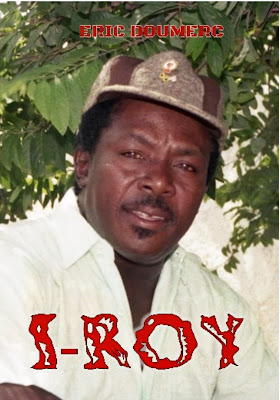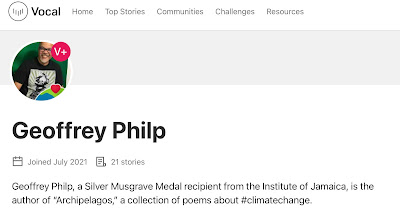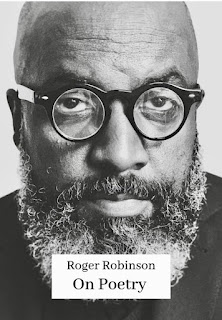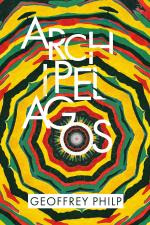Caribbean literature is a mosaic of stories, histories, and voices that often struggle to gain global recognition. In this challenging landscape, Caribbean book blogs play a crucial role, serving a vital function in bridging the gap between talented authors and potential readers. These blogs go beyond simple book reviews; they create connections, encourage discoveries, and support the growth of both readers and writers, making them essential to the Caribbean's literary ecosystem.
Connecting Readers and Writers
Book blogs in the digital space serve as bridges, connecting Caribbean authors with global audiences. Blogs like Jhohadli (https://jhohadli.wordpress.com/) provide a platform for underrepresented Caribbean writers. One notable example of Jhohadli's commitment to showcasing underrepresented Caribbean voices is its feature of emerging Antiguan and Barbudan poets. Through dedicated poetry showcases, Jhohadli has introduced readers to talents like Brenda Lee Browne, whose poems explore themes of identity, history, and resilience in the Caribbean context. By spotlighting poets like Brenda Lee Browne, Jhohadli provides exposure to individual writers and contributes to the broader representation of Caribbean literary traditions. By fostering a supportive online community around their work, Jhohadli encourages dialogue and engagement, amplifying these voices' impact beyond traditional publishing channels' confines. In doing so, Jhohadli and similar blogs are vital hubs for celebrating and promoting underrepresented Caribbean literature, ensuring its continued vitality and relevance in the global literary conversation.
Discovering New Literary Treasures
For readers exploring Caribbean literature, blogs act as guides, leading them through the diverse range of narratives and styles that characterize the region. The Peepal Tree Press Blog (https://www.peepaltreepress.com/blog) is a notable example of curating an eclectic selection of works across various genres and themes within Caribbean literature. One specific example of the blog's commitment to introducing readers to new authors is its spotlight on emerging Caribbean playwrights. For instance, recent posts have featured playwrights like Natalia Ramanaden, whose provocative dramas challenge conventional narratives and explore pressing social issues in the Caribbean context. By showcasing Ramanaden's work alongside that of established playwrights, the blog provides a platform for emerging talents to gain visibility and recognition.
Supporting Literary Growth
Preelit stands out for its commitment to providing critical analyses, commentaries, and discussions that challenge established perspectives in Caribbean literature. One specific example of this is its series of in-depth book reviews, where contributors offer nuanced insights into works by both established and emerging Caribbean authors. For instance, recent reviews have explored novels like Kei Miller's "Augustown" and Marlon James's "A Brief History of Seven Killings," exploring themes such as colonial legacies, identity, and resistance. Through these reviews, Preelit evaluates individual works and situates them within broader literary, historical, and socio-political contexts, encouraging readers to engage critically with Caribbean literature. Preelit fosters a culture of intellectual inquiry and dialogue within the Caribbean literary community by offering critical analyses, commentaries, and discussions. Also, by creating a platform for dialogue and exchange, Preelit fosters a sense of community among writers, readers, scholars, and critics, facilitating the sharing of ideas and promoting collaboration.
Uniting the Caribbean Literary Community
The combined efforts of these blogs create a network of literary exploration, with each blog representing an island connected by the shared heritage of Caribbean storytelling. Feedspot's curation of top Caribbean book blogs (https://blog.feedspot.com/caribbean_book_blogs/) is significant in bringing these diverse platforms together, providing readers and writers with a central hub to access the wealth of Caribbean literary content online. This amplifies the reach of Caribbean literature and strengthens the sense of community among those who create and appreciate these stories.
Looking to the Future
Caribbean book blogs are essential in narrating the ongoing story of the region's literary identity. By showcasing the diverse voices of the Caribbean, these blogs ensure that the region's literature thrives in the digital age. As we move forward, the importance of these platforms and the support from aggregators like Feedspot will continue to grow, guaranteeing that the Caribbean's literary heritage will enrich the cultural landscape. Through their collective efforts, we are reminded of the power of stories to connect us, broaden our horizons, and nurture personal and communal growth.








